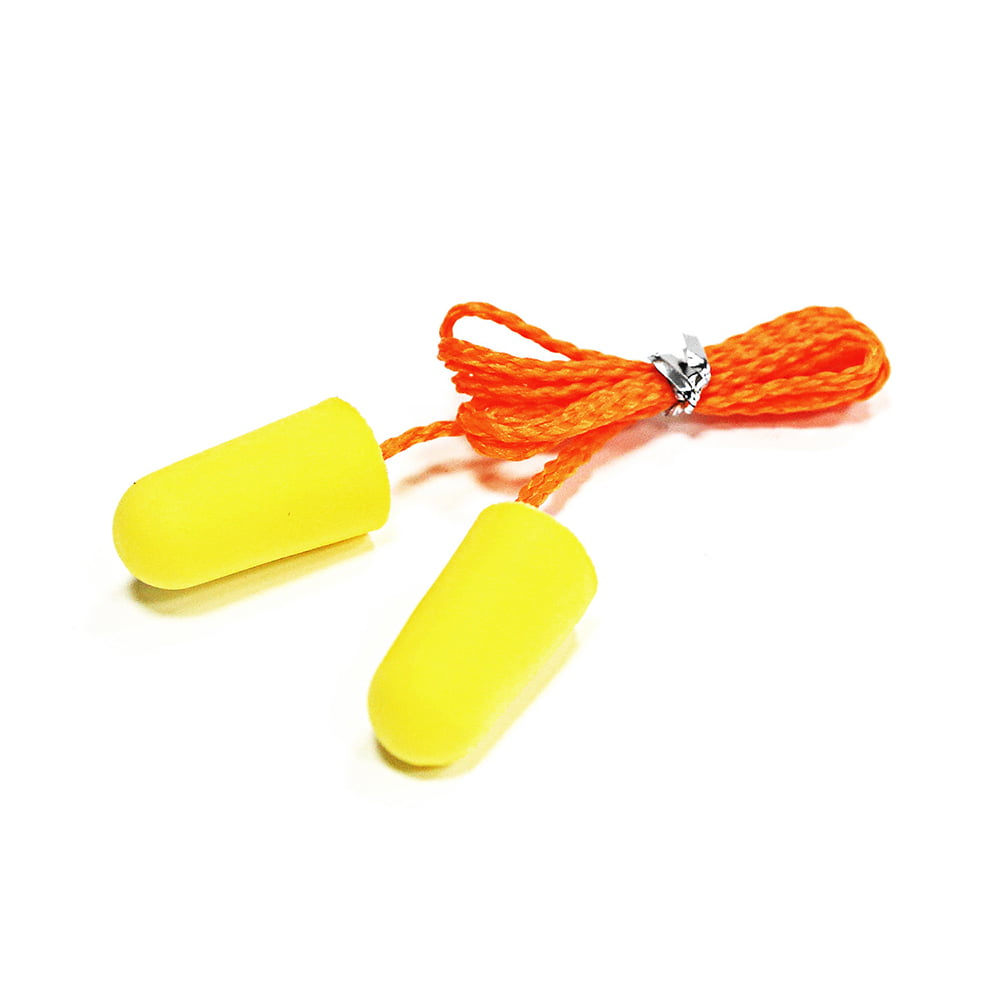
#Highest decibel ear plugs full
Musicians can opt for ones that preserve audio fidelity of the full dynamic range of sound. People who use guns frequently can wear custom earplugs that block the loud gun noises, but still allow them to hear their surroundings. “There are available as a custom product that we don't have for a disposable earplug,” Terry says.Ĭustom earplugs can be designed specifically for your hearing situation: For instance, Terry fitted a dental hygienist-who spends her days in the presence of high-pitched dental drills-with custom earplugs that block out the hum of dental tools but still let her hear patients. Custom-fit earplugs provide best fit Custom-fit earplugs fit snugly in the earĭisposable earplugs are a relatively unsubtle option, and sometimes people struggle with finding a comfortable fit. If your work environment, everyday activities, or hobbies expose you to frequent noises, you may want to invest in custom earplugs. Some of these types of earplugs have filters in them that reduce the muffling sound that foam earplugs create, an appealing option for people who like to go to live music shows. Pre-molded reusable options, made from studier materials, such as plastic or silicone, are also available. Disposable earplugs are available in a variety of sizes, shapes, and attenuation levels, Terry says. (Attenuation means how much they dampen sound.) The deeper you insert them, the more they'll muffle sound. “You just roll them down, stick them in your ear, and they expand out to prevent hearing loss,” Terry explains. These disposable options are generally made from foam. The most readily accessible and cheapest earplugs can be purchased in drugstores, hardware stores and sporting goods stores. 'Drugstore' earplugs are the cheapest option You’re likely familiar with disposable versions, made from brightly colored foam or silicone and plastic, from the drugstore.

“Earplugs basically are a device that is inserted in the ear to mitigate the sound that reaches the cochlea, the inner ear, to prevent hearing loss,” Terry says. Earplugs help protect your ears, and are one of the most useful ways to prevent hearing loss. Over time, sounds that are louder than about 70 decibels-for example, nearby sirens, gas-powered leaf blowers, or a motorcycle engine-can damage your ears and lead to noise-induced hearing loss and tinnitus, according to the Centers for Disease Control and Prevention ( CDC). And it’s not only the shrill of sirens and the clatter of restaurants: our hobbies, from skeet shooting to concert-going, along with our jobs, can be a source of loud sounds.
“The world is very noisy,” says audiologist Susan Terry, founder of Broadwater Hearing Care in St.


 0 kommentar(er)
0 kommentar(er)
